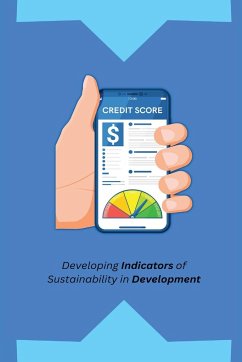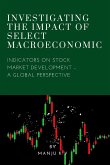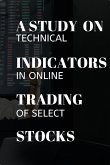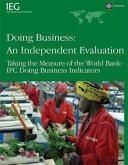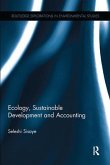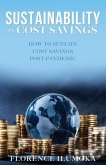The publication of the Brundtland Report titled 'Our Common Future' in 1987, gave an impetus to the concept of sustainable development. In the post Brundtland era, nations all over the world are concerned whether the development policies followed by them are sustainable or not. Sustainability Indicators are in the category of green national accounts and are different from conventional indicators of economic growth. The main areas of discussion in this thesis are firstly to interpret the Brundtland definition of sustainable development in terms of satisfaction of needs. A simple interpretation of the Brundtland Commission's definition of sustainable development is that for development to be sustainable per capita human well being should be non- declining over time. Human well being depends on the utility of individuals and utility is dependent on the consumption of material needs and non- material needs. Although the importance of sustainability indicators is considerable, the challenge lies in developing frameworks to value environmental goods and services and integrating economic and environmental accounting into the same platform. The study focuses on the importance of measuring non material needs or assigning monetized values to assess natural capital for strong sustainable development. The thesis is spread over different chapters focusing on some issues related to sustainability indicators such as weak and strong sustainability, importance of critical natural assets in maintaining quality of life on earth, development of Environmental Net National Product, environmental valuation techniques and dose response functions to mention a few. The thesis describes the calculation of a clean air index for measuring quality of life in selected urban areas of India. At the end, the thesis highlights some limitations of developing sustainability indicators and suggests new areas of research in the areas of resource, environment and growth economics.
